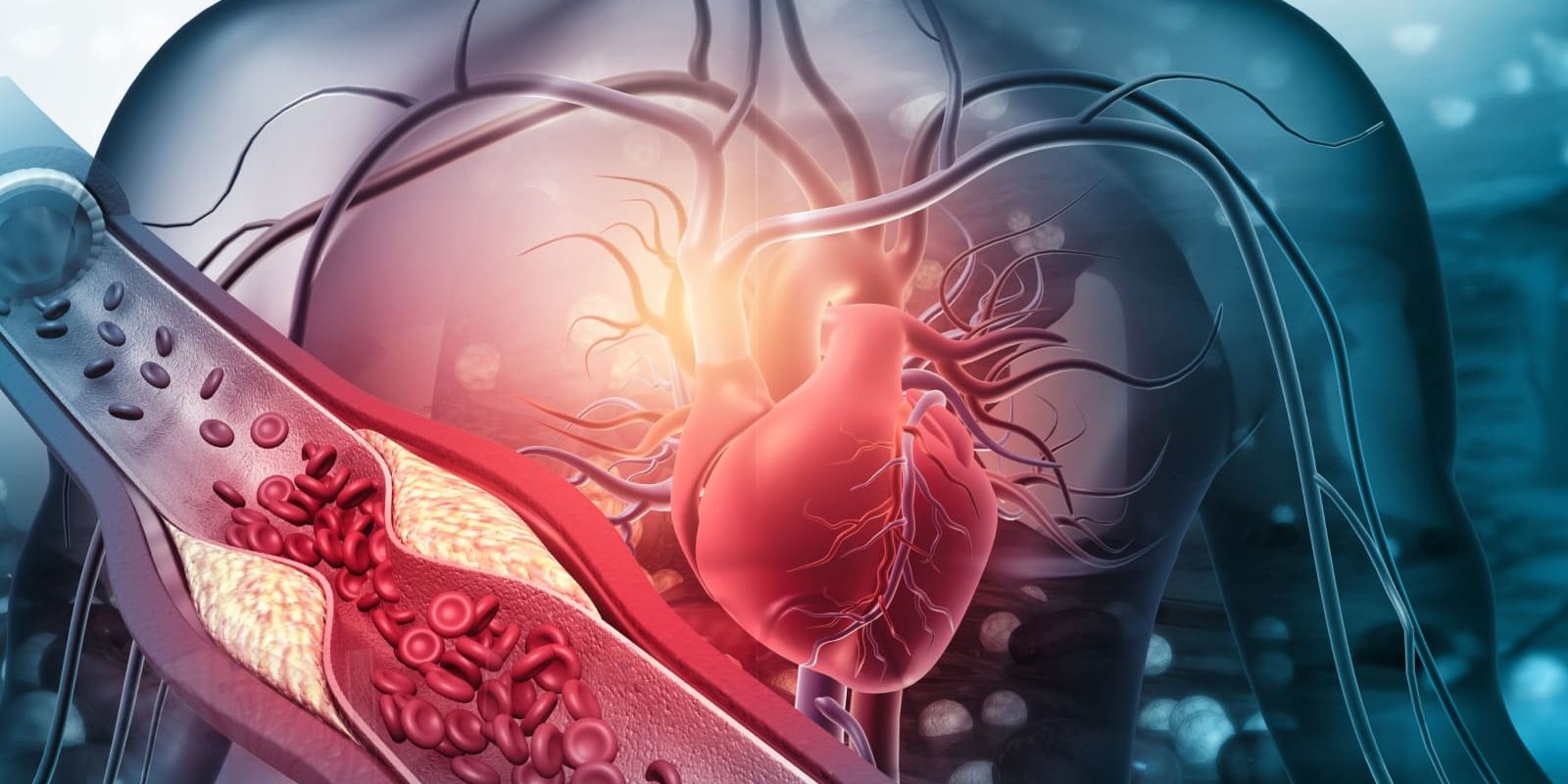There is no single cause of heart disease. Rather, a heart attack, or a stroke, can be a health tsunami provoked by not only genetic factors but by lifestyle choices.
If you’d like to lower your risk of being one of 17,533 who die every year of heart disease, here are the heart disease signs to look for, and what you can do about them.
1. You smoke or you drink to excess
If you smoke, you are three times more likely to die of a heart attack, according to the Heart Foundation. You’re also two times more likely to die of a stroke and three times more likely to die from sudden cardiac arrest.
In fact, smoking reduces life expectancy, on average, by 10 years, it says.
The good news, it says, is that if you quit smoking, in just one year your risk of heart disease is half of someone who continues to smoke.
After 15 years, that risk goes right down to the same risk as a person who has never smoked.
If tobacco isn’t your vice, be aware of how much alcohol you drink, and whether you may need to reduce your intake to protect your health.
Long-term, heavy drinking can also cause your heart rate, blood pressure and blood fats to rise as well as weaken your heart muscle, according to the Heart Foundation.
2. You are overweight or obese
Obesity rates keep rising, with convenience foods fuelling a global, first-world epidemic.
In 2017-18, 67 percent of Australians over the age of 18 were overweight or obese, according to the Australian Institute of Health and Welfare.
If you have a waist size over 80cm for women and 94cm for men, you are at higher risk of heart disease.
One of the reasons is that being overweight can lead to high blood pressure, high cholesterol and Type 2 diabetes.
A large US study found a 10kg higher body weight can translate to a 12 per cent increase for heart disease and a 24 per cent increase for stroke.
High nutrient, low kilojoule nutrition is vital to keeping the body healthy in every way, including boosting immunity, reducing inflammation that can lead to heart disease and other chronic illnesses and boosting mental health.
The Mediterranean Diet is associated with clinically significant reductions in rates of all forms of cardiovascular disease, according to numerous international studies.
It is based on a variety of vegetables, fruits, and whole grains; nuts, seeds, and olive oil; small amounts of dairy and fish; very little white meat and red meat and red wine in moderation.
3. You prefer Netflix to exercise
We’re all busier, under more pressure, and more vulnerable to diseases related to stress and to lack of movement.
But lack of physical activity is a primary cause of most chronic diseases, including heart disease, say researchers.
Conversely, regular exercise can help prevent 35 chronic conditions including, but not limited to:
– Metabolic syndrome – Insulin resistance
– Type 2 diabetes
– Non-alcoholic fatty liver disease
– Artery disease
– Hypertension
– Stroke
– Cognitive dysfunction
– Osteoporosis
– Pain – Diverticulitis
Simply put, being physically active reduces your chance of dying from heart disease and many other causes.
Aim for nine to 14 hours of activity a week to lower blood pressure, improve insulin resistance, strengthen bones, and reduce stress that can impact on heart and mental health.
4. You are chronically depressed or stressed
It may seem surprising, but being depressed can increase your chance of developing a heart condition as much as smoking, or high blood pressure, says the Heart Foundation.
Uncontrolled stress can also have an impact on mental well-being, as well as increase inflammatory chemicals within the body that damage health.
The message is clear: work to prevent, or manage stress and mental health if you want to achieve peak health and avoid heart disease symptoms.
It has been estimated that around 50 percent of major depression is genetic, meaning the other 50 percent is psychological or physical factors that are within your control.
A healthy lifestyle including body and brain-friendly foods, relaxation that promotes a state of ‘flow’ where you are completely immersed in the activity, regular exercise and social connection are all crucial to heart and mental health.
There are plenty of other actions you can take to reduce health-damaging stress and your risk of depression and heart disease.
5. You have high blood pressure, cholesterol or blood sugar
Know your markers – have a test and check-up at your GP – and use diet, exercise and/or medication to reduce heart disease symptoms such as high blood pressure or too much HDL (bad) cholesterol piling up in your arteries and creating blockages.
Source: *Heart Foundation



